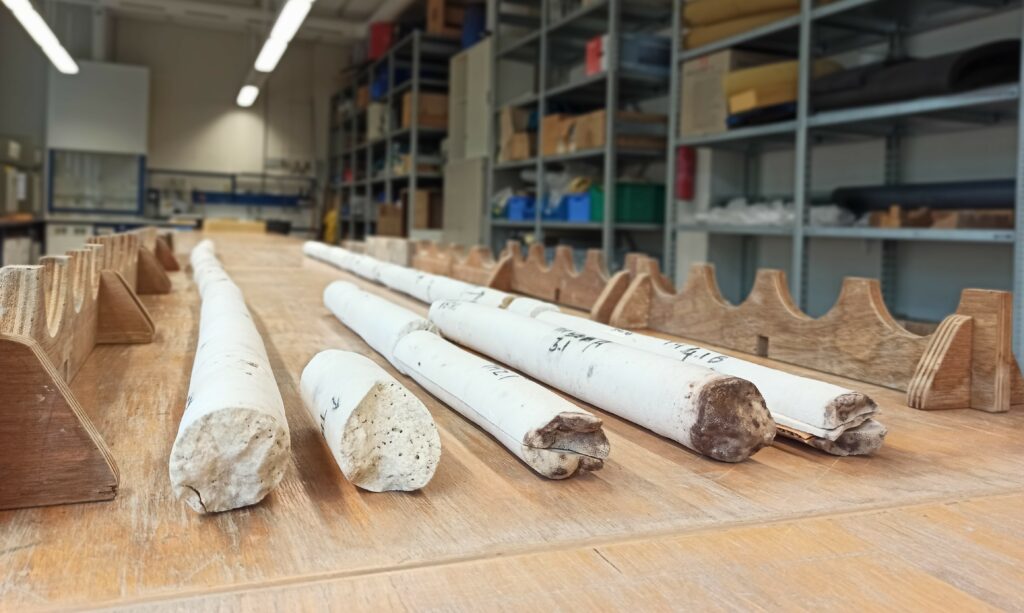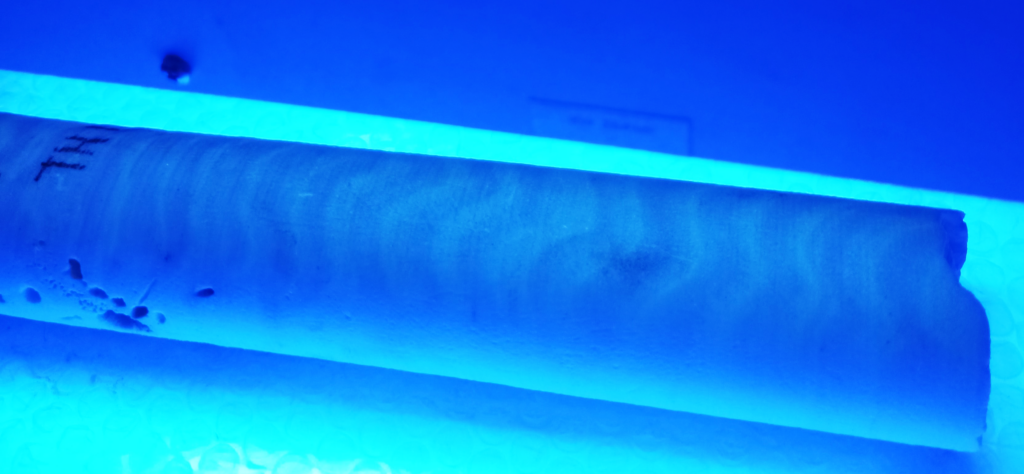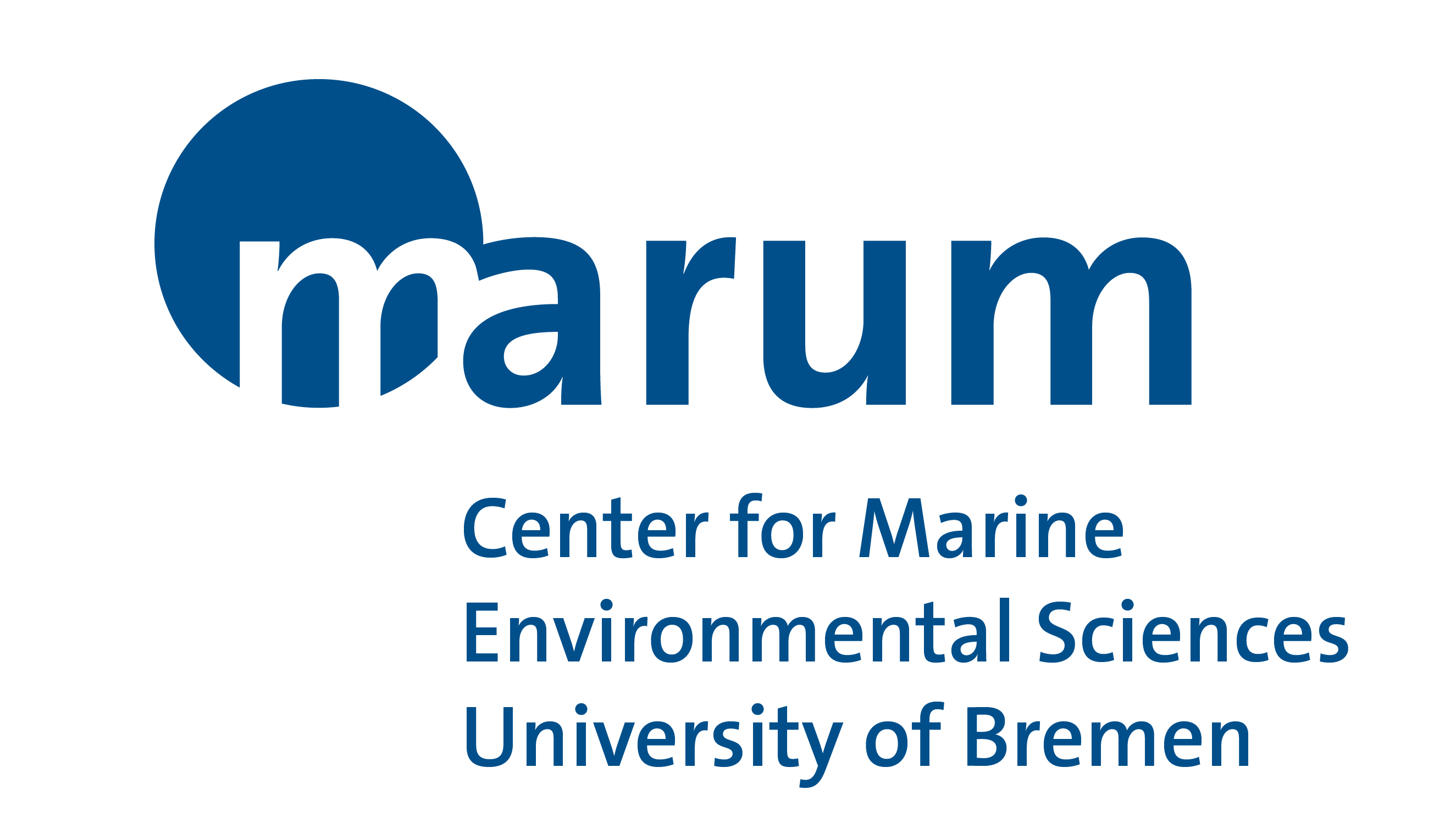
This project contributes towards a better understanding of tropical marine climate variability and its impact on coral reef ecosystems in a warming world, by quantifying climatic and environmental changes during the warming from the pre-instrumental period to the early 21st century on timescales relevant for society. These are major aims of the Priority Programme “Tropical Climate Variability and Coral Reefs” (SPP 2299). The project will reconstruct marine climate and environmental change in the northeastern Indian Ocean since the late Little Ice Age at ultra-high resolution, by analysing isotopic and geochemical proxies in shallow-water coral skeletons. It is proposed to generate reconstructions of sea surface temperature, hydrology (hydroclimate), and coral response to thermal stress back to the early 1800s (or even early 1700s) at monthly resolution from Porites corals of the southern Andaman Sea (Thailand). A site not strongly affected by marine heatwaves because of the mitigating effect of cooling by internal waves will provide proxy records of sea surface temperature and hydrology (hydroclimate), based on paired measurements of Sr/Ca and δ18O . Another site experiencing the unabated influence of heatwaves will provide a proxy record of coral response to thermal stress events, based on anomalous signatures in measurements of Sr/Ca, δ18O , Mg/Ca, δ13C, and growth patterns. The reconstructions will enable to study the interplay of different El Niño flavours, the Indian Ocean Dipole, volcanic eruptions, and large amplitude internal waves in modulating variability and extremes of Andaman Sea temperatures and hydrology since the late Little Ice Age, with implications for coral growth, resilience, and Asian monsoon hydrological extremes. Furthermore, the validation of historical sea surface temperature products for time intervals of sparse observations or method changes, the occurrence of a prominent early 19th century cold interval in tropical Indian Ocean temperature, and the potential for reconstructing Indian Ocean Dipole events will be explored. The reconstructions will enable to explore if Andaman Sea corals were exposed to thermal stress events during past centuries and if ecological memory, resulting from extreme northeastern Indian Ocean warmings of the past such as the very strong 1877/78 El Niño event, lead to higher temperature tolerance during thermally-induced stress events of recent decades. Together with a companion project, Indian Ocean warming and interannual variability since the late Little Ice Age, basin-scale differences, and relationships with global warming and tropical Pacific interannual variability will be studied at the basin’s northeastern and western rim.
Principle Investigator
Thomas Felis (MARUM, University of Bremen)
Project Scientist
Hana Camelia (MARUM, University of Bremen)




